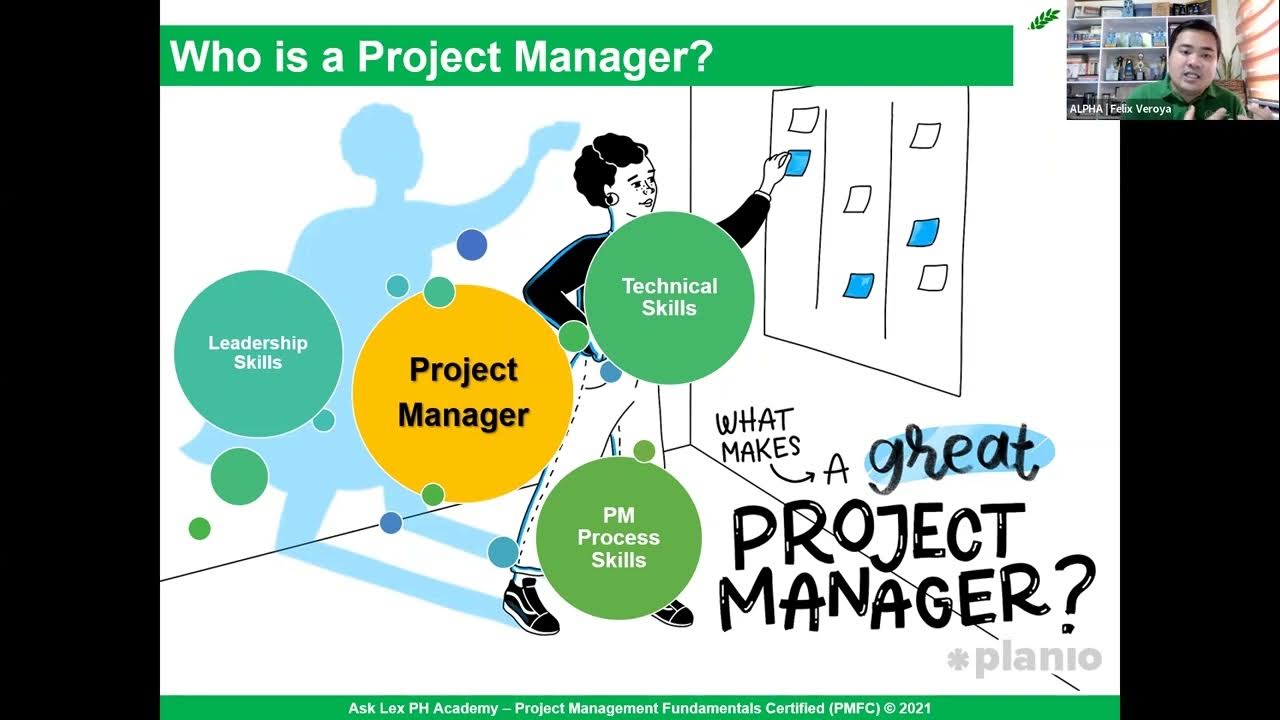What to do about devs without domain knowledge?
Summary
TLDRIn this video, Frederick discusses how to enhance domain knowledge within a small programming team. He emphasizes the importance of creating step-by-step guides and checklists for essential tasks, fostering a support duty rotation among team members to promote accountability. By redirecting questions to the assigned support person, team members learn to take responsibility for their roles. Frederick advocates for regular documentation reviews to keep information relevant and encourages an environment of shared knowledge. Ultimately, this approach leads to balanced teams where all members are equipped to handle challenges independently.
Takeaways
- 😀 Domain knowledge is crucial for effective functioning within a small software organization.
- 📜 Documentation is often lacking in software teams; creating step-by-step guides can bridge this gap.
- 🔄 Implementing a support duty rotation helps distribute domain knowledge among team members.
- 👥 Team members should be accountable for learning how to execute tasks and support others.
- 📝 Writing down common tasks as checklists or guides can assist newcomers in getting up to speed.
- 🤝 Mutual commitment within the team enhances the learning process and accountability for domain knowledge.
- 🚫 Avoid reliance on senior members for every question; encourage direct communication with the designated support person.
- 🔍 Regular reviews of documentation ensure it remains relevant and useful for team members.
- 📚 Practicing responsibility for tasks helps solidify understanding and retention of domain knowledge.
- 🏖️ Fostering independence in team members allows for smoother operations, especially during absences or vacations.
Q & A
What is domain knowledge in the context of programming?
-Domain knowledge refers to the understanding of the overall work practices, tasks, and operations specific to a company, going beyond just technical programming skills.
What challenges do organizations face regarding documentation?
-Many software companies struggle with inadequate documentation, making it difficult for employees to find the necessary information and execute tasks efficiently.
What is the concept of 'Support Duty' mentioned in the video?
-Support Duty involves rotating the responsibility among team members to handle ad hoc requests and answer questions, promoting shared accountability and learning within the team.
Why is it important to create step-by-step guides or checklists?
-Step-by-step guides and checklists help team members understand how to execute specific tasks, making it easier for them to learn and perform their roles effectively.
How can rotating support roles help with knowledge transfer?
-By rotating support roles, team members engage with different tasks regularly, helping them to build domain knowledge and become more accountable for their learning.
What should a team do if someone goes to the wrong person for help?
-The team should commit to redirecting inquiries to the designated support person to ensure that everyone learns and grows in their understanding of the domain.
How often should documentation be reviewed?
-Documentation should be reviewed regularly, such as monthly or quarterly, to ensure it remains relevant and useful as practices evolve.
What behavior change is expected when implementing these practices?
-Team members will shift from relying on a few experienced individuals for answers to taking responsibility for learning and sharing knowledge among the group.
Why is documenting common tasks beneficial?
-Documenting common tasks allows team members to refer to guides instead of asking others for help repeatedly, fostering independence and efficiency.
What is the ultimate goal of implementing these strategies?
-The goal is to create a balanced distribution of domain knowledge across the team, enhancing overall collaboration and reducing dependency on a few key individuals.
Outlines

This section is available to paid users only. Please upgrade to access this part.
Upgrade NowMindmap

This section is available to paid users only. Please upgrade to access this part.
Upgrade NowKeywords

This section is available to paid users only. Please upgrade to access this part.
Upgrade NowHighlights

This section is available to paid users only. Please upgrade to access this part.
Upgrade NowTranscripts

This section is available to paid users only. Please upgrade to access this part.
Upgrade NowBrowse More Related Video
5.0 / 5 (0 votes)





